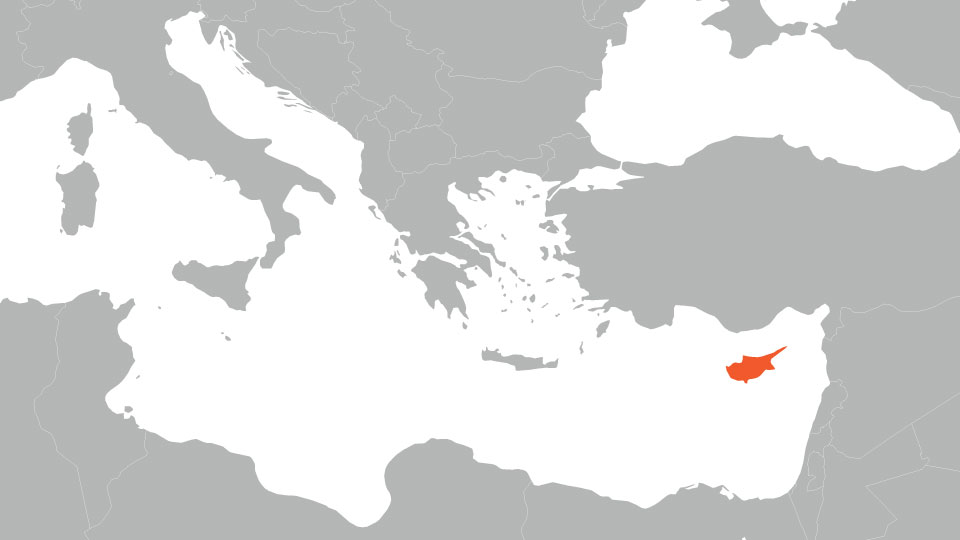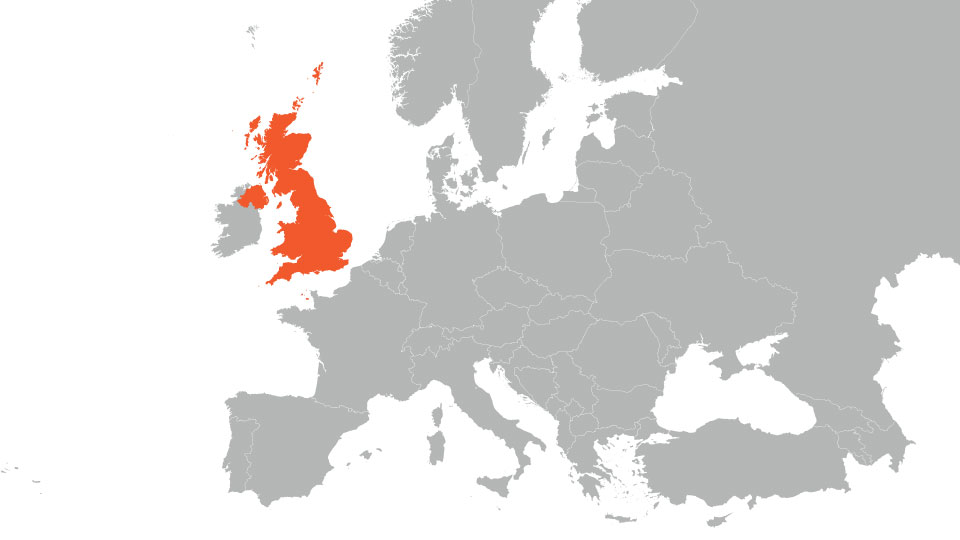Forming A Company in Delaware

 Incorporation time: 2 days
Incorporation time: 2 days Shelf companies: Yes
Shelf companies: Yes Accounting: No
Accounting: No
 Secretary: No
Secretary: No Nominee Shareholder: Yes
Nominee Shareholder: Yes Nominee director: Yes
Nominee director: Yes
TAX: 0%
The country
Delaware is one of the 50 states of the United States, located in the northeast of the country, neighbouring New Jersey and facing the Atlantic Ocean. It was the first state to sign the Constitution of the United States in 1787 (hence its motto “It’s good being first”). It is now considered one of the most attractive and advantageous offshore destinations in the world.
An offshore haven
As a standard tax destination, Delaware allows no billing in Europe (risk of re-characterization) but may be a good way to get a permanent resident visa for the United States. Frequently used for the registration of boats, cars and real estate purchases, companies moving to Delaware are regulated by Common Law and the Delaware Corporation Law 1994 – 5.
Similar to a classic offshore company (IBC), the Limited Liability Company (LLC) is a company structure that has existed since 1991. An LLC has the same benefits as a traditional IBC and may be created by non-residents. This type of company has no shareholders and cannot engage in commercial activity in the United States or hire American workers. Profits made outside the borders of the country are not taxed.
Setting up an offshore company in Delaware is a good way to get a coveted green card, allowing you to live permanently and work in the United States. To become an American citizen, you must have had a green card for at least 5 years and make a naturalization application.
The various types of companies
Once the required documents have been assembled and the fees paid, the company can be created in just two days. The various types of companies in Delaware are the same as throughout the country :
- The Close Corporation
- The Non Profit Corporation
- The S Corporation
- The Limited Liability Company
- The General Corporation
Different tax rates
In Delaware, there is no tax on companies whose activities are carried out outside state borders. If profits are not taxed, turnover is taxed at 0.96% to 1.92%, and all companies must pay an annual tax of € 300.
Tax on individual income is also very low, with levels ranging from 2.2% to 5.95%. The level of property tax is left to the discretion of each municipality and finances the educational system.
Accounting essentials
It is not obligatory for companies registered in Delaware to keep accounts or publish them. It is even possible to use money from the company for personal expenses, without risking being accused of misuse of corporate assets.
The law in detail
The state of Delaware has a sizable agricultural sector, especially livestock, since it is one of the largest producers of poultry in the USA. Potatoes, fruit and fishing are also dynamic areas.
Delaware’s industrial activity is mainly located in Delaware Bay and covers the following sectors: chemicals, textiles, automotive, agri-food and plastic.
However, Delaware is particularly well-known as a leading tax destination. Indeed, 500 of the wealthiest people in the country and 43% of companies listed on the New York Stock Exchange are domiciled in the state.
This situation is due to a very advantageous tax system for both companies and individuals.
The advantages of investing :
- The state is part of the United States
- Proximity of major metropolises
- Creation of simplified stock company
- Ideal for the conquest of the American marketain
Disadvantages :
- Demanding market
- Strong competition
Access to and functioning of the market
The import of goods to Delaware must comply with the standards established by the United States, members of the WTO, the OECD, signatories to the Washington Convention, the Basel Convention, the Montreal Protocol and the International Coffee Agreement of 2001.
The import of goods to the United States is strictly monitored, as with passenger transport, and many products have specific requirements to meet. Dairy products are limited by quotas and require special licenses, as do fruits and vegetables, while meat can only be imported into ports equipped with approved sanitary equipment. Manufactured products must in turn meet U.S. standards and electrical equipment must receive a security certificate from one of 2 700 municipal authorities.
Several embargoes have also been implemented by the country prohibiting the import of several products. American customs duties are some of the lowest in the world (average 3%).
The United States are the leaders in mass distribution and retail. The turnover of this sector exceeded USD 4 000 billion in 2009. American consumers lap up novelty and the American market can therefore be a good test for an innovative product. The distribution sector has a multitude of very different actors (supermarkets, specialised shops, etc.). The three major groups are Wal Mart, The Kroger Co, and Sears Roebuck & Co.
As in the country as a whole, the transport of goods in Delaware is highly developed, with automated and sophisticated ports, a dense road network and numerous rail tracks.
Links :
Department of Commerce
National Retail Federation
The labour legislation
There are national working conditions: the statutory weekly working time is 40 hours, with a minimum wage of 5.85 USD per hour. Retirement age is 60. Social insurance contributions are paid by the employer and the employee at a rate of 7.65%.
Most of the unions in the United States are part of the American Federation of Labor and Congress of Industrial Organizations or Change to Win. Increasingly, fewer employees are now union members.
Intellectual property
|
Type of rights |
Legislation |
Validity of protection |
Agreements signed |
|
Patents |
United States Code, Title 35 |
20 years |
- Patent Cooperation Treaty |
|
Brands |
Legislation on US trademarks |
20 years, renewable for periods of 10 years |
- Trademark Law Treaty |
|
Design |
Industrial designs |
||
|
Reproduction rights |
Copyright |
50 to 70 years after the death of the author |
- Berne Convention for the Protection of Literary and Artistic Works |
|
Industrial designs |
United States Code, Title 35 |
Links :
Department of Labor
US Patent and Trademark Office
Copyright Office
Political data
Delaware has, like all US states, a Governor (Jack Markell), who has executive power and is elected by universal suffrage. The concept of a state which is relatively independent of the central authority is still very strong in the United States. Nevertheless, state administrations also rely on the national government with, at its head, the President of the United States of America (Barack Obama). In addition to the Governor, each state elects two Senators who will represent it in the Senate (Thomas Carper and Christopher A. Coons).
There are a number of political parties in the United States, but all are overshadowed by the two main ones: Democrats and Republicans. Delaware tends to support the Democrats: since 1988, the state has never voted for a Republican candidate.









